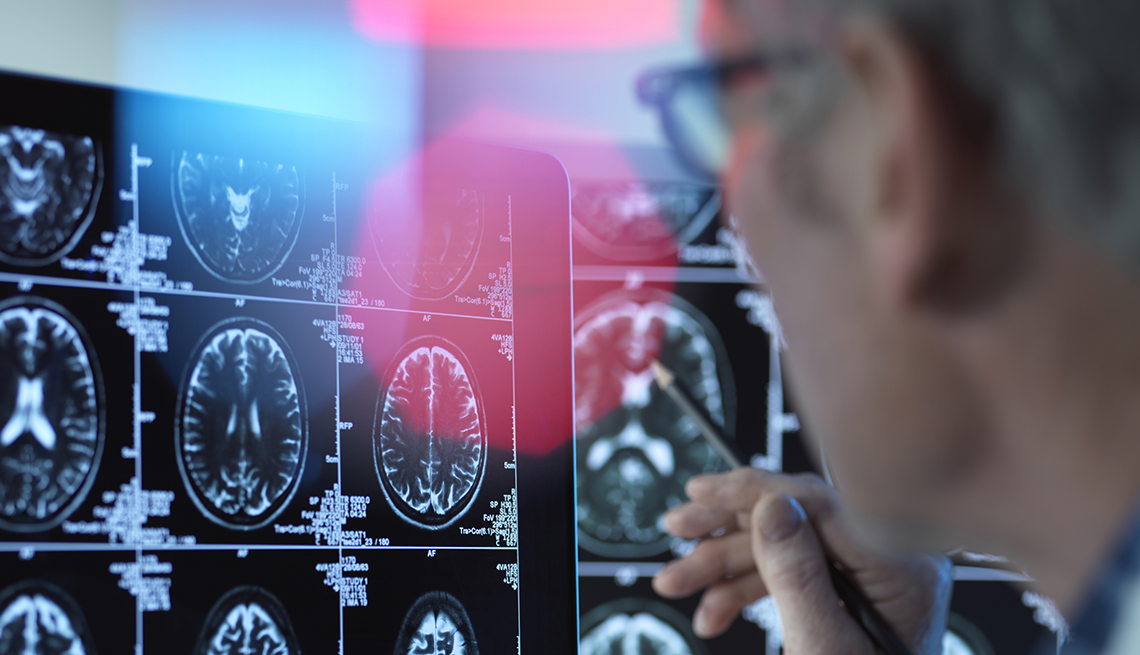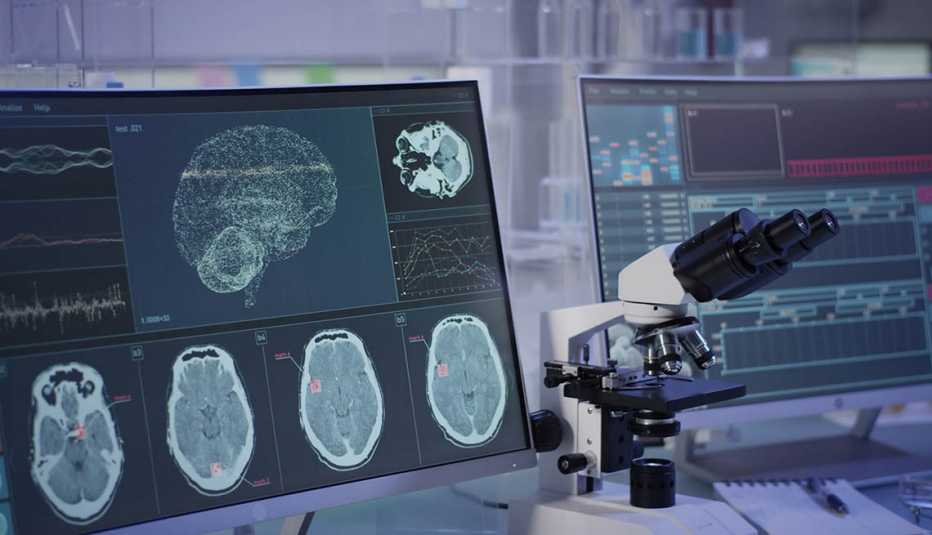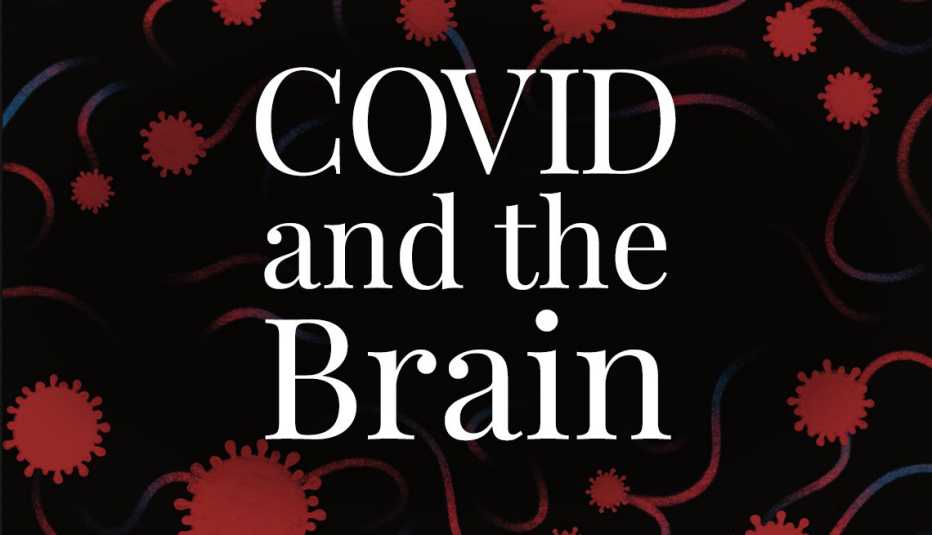Staying Fit
Though the staggering toll of the coronavirus pandemic continues, brain health experts are starting to assess its longer-term impact.
“While we still don’t know the full extent of damage the pandemic will cause, scientific evidence has emerged that, in addition to severe illness and death, the virus is also causing damage to people’s brain health,” says Sarah Lenz Lock, executive director of the Global Council on Brain Health (GCBH), an independent collaborative of scientists, doctors and policy experts convened by AARP to provide trusted information on brain health.


AARP Membership— $12 for your first year when you sign up for Automatic Renewal
Get instant access to members-only products and hundreds of discounts, a free second membership, and a subscription to AARP the Magazine.
In an effort to ultimately reduce such potential harm, the GCBH report released today, “COVID-19 and Brain Health: The Global Council on Brain Health’s Recommendations on What to Do Now,” outlines key areas of future research to be pursued. They include the potentially long-lasting symptoms of COVID; its relationship to and impact on dementias; and isolation’s effect on the mental well-being and brain health of older Americans.
Brain symptoms — and how long they may last
As researchers struggle to understand the immediate effects of COVID-19 on the brain — from loss of a sense of taste to “brain fog” — their longer-range impact remains a mystery.
A study published in the Annals of Clinical and Translational Neurology analyzed more than 500 patients hospitalized with COVID-19 and found that neurologic symptoms such as muscle pain, headaches, dizziness, and loss of taste and smell occurred in 82 percent of cases. For some individuals, these symptoms linger even after they’ve otherwise recovered. “There is some provocative data that suggests that for some people, there may be long-term effects such as persistent trouble with attention, concentration and multitasking, as well as loss of sense of taste and smell,” says Jason Karlawish, M.D., a GCBH member and professor of medicine, medical ethics and health policy, and neurology at the University of Pennsylvania Perelman School of Medicine.



































































